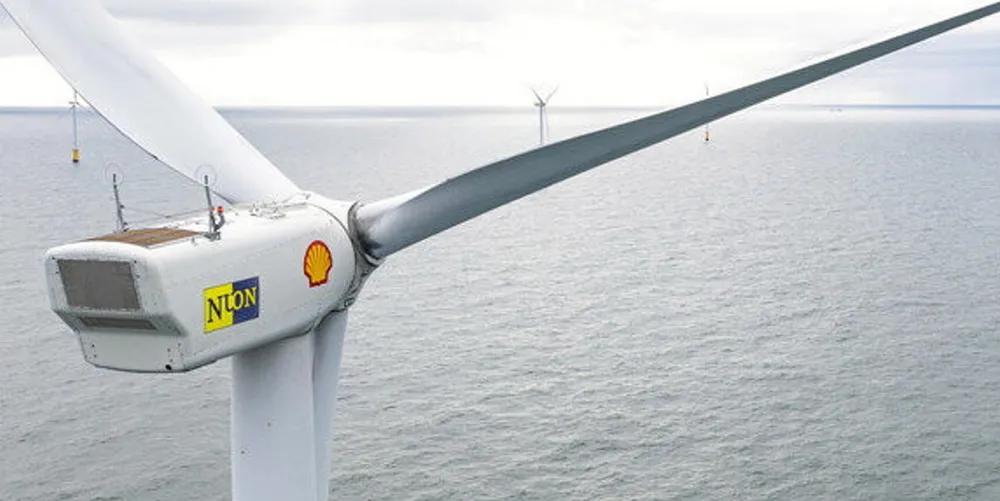Shell pledges 'more insight' on lower carbon business with results shake-up
Supermajor to give more transparency on financial performance of green power, hydrogen and carbon capture operations

Supermajor to give more transparency on financial performance of green power, hydrogen and carbon capture operations
